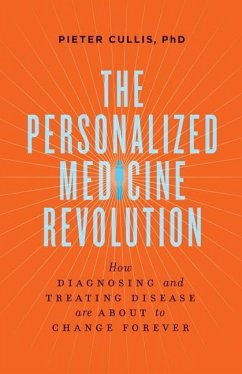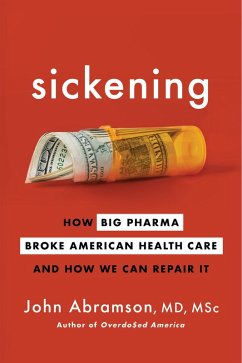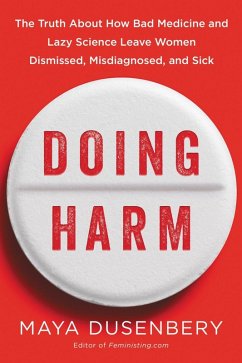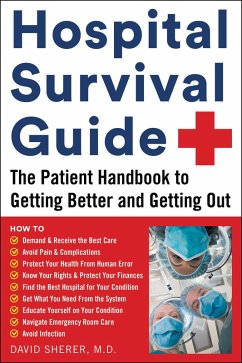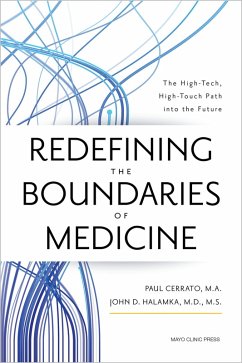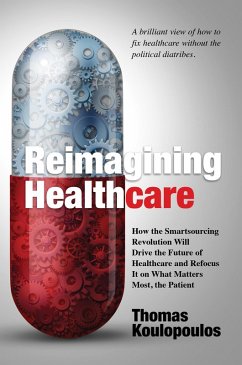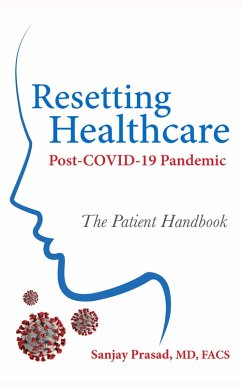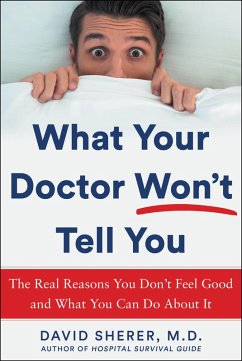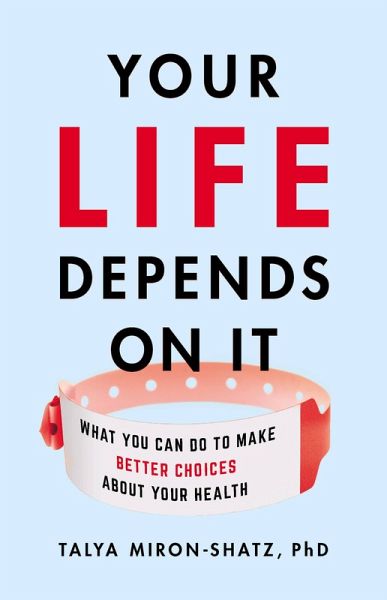
Your Life Depends on It (eBook, ePUB)
What You Can Do to Make Better Choices About Your Health
Versandkostenfrei!
Sofort per Download lieferbar
12,99 €
inkl. MwSt.
Weitere Ausgaben:

PAYBACK Punkte
0 °P sammeln!
"With a fine combination of humor, compassion and vast knowledge, Talya Miron-Shatz offers clear and useful guidance for the hardest decisions of life." -Daniel Kahneman, Nobel award-winning author of Thinking, Fast and Slow A top expert on decision-making explains why it's so hard to make good choices-and what you and your doctor can do to make better ones In recent years, we have gained unprecedented control over choices about our health. But these choices are hard and often full of psychological traps. As a result, we're liable to misuse medication, fall for pseudoscientific cure-alls, and ...
"With a fine combination of humor, compassion and vast knowledge, Talya Miron-Shatz offers clear and useful guidance for the hardest decisions of life." -Daniel Kahneman, Nobel award-winning author of Thinking, Fast and Slow A top expert on decision-making explains why it's so hard to make good choices-and what you and your doctor can do to make better ones In recent years, we have gained unprecedented control over choices about our health. But these choices are hard and often full of psychological traps. As a result, we're liable to misuse medication, fall for pseudoscientific cure-alls, and undergo needless procedures. In Your Life Depends on It, Talya Miron-Shatz explores the preventable ways we make bad choices about everything from nutrition to medication, from pregnancy to end-of-life care. She reveals how the medical system can set us up for success or failure and maps a model for better doctor-patient relationships. Full of new insights and actionable guidance, this book is the definitive guide to making good choices when you can't afford to make a bad one.
Dieser Download kann aus rechtlichen Gründen nur mit Rechnungsadresse in A, B, BG, CY, CZ, D, DK, EW, E, FIN, F, GR, HR, H, IRL, I, LT, L, LR, M, NL, PL, P, R, S, SLO, SK ausgeliefert werden.
Alle Preise in Euro und inkl. der gesetzl. MwSt. | Innerhalb Deutschlands liefern wir preisgebundene Bücher versandkostenfrei. Weitere Informationen: bitte hier klicken
Support
Bitte wähle dein Anliegen aus:
Rechnungen
Bestellstatus
Retourenschein
Storno





